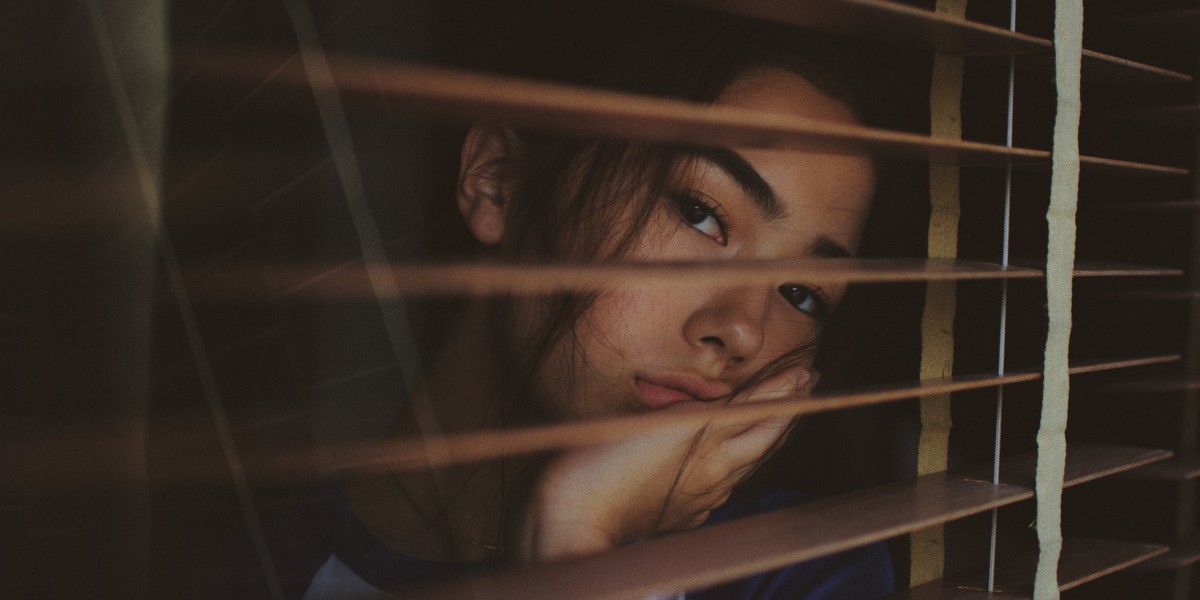It’s been an unpleasant journey. We have suffered through months of uncertainty, sudden adjustments and new rules. Everything we knew, everything we could do has toppled over like a line of domino stones until we found ourselves in full lockdown. We have gone from being sandwiched in trains to now crossing the street when someone approaches. And while there are some reports of people who’ve managed to find some calm in the chaos, for the most of us it’s been a case of “nah”. And for some, the toll has been so severe that a mental health crisis seems unavoidable.
Support groups inundated
Weeks of enforced isolation has seen mental health support groups and helplines inundated with calls for help. Contacts to Beyond Blue are up 42 percent compared to this time last year while ReachOut reported a 48 percent increase in demand for services. The Black Dog Institute has dedicated a large part of its website to COVID-19 tools and resources.
The release of the data comes as the government grapples with how to lift the restrictions and will add to concerns about the psychological impact of the lockdown. The Prime Minister has asked the National Mental Health Commission to come up with a mental health response plan for life after the pandemic.
Gap in approach
Christine Morgan, chief executive of the National Mental Health Commission observed that while the number of calls has gone up, new statistics show that the overall use of mental health services has declined during the COVID-19 outbreak. “Why is that happening?” she asked reporters at a recent press conference. “What we think is that people who would normally be using mental health services are not actually going out and doing those visits. People are afraid to go out.”
Support groups also point to this gap in the current approach. While they applaud the PM’s early support package for strengthening health lines and access points, once people have reached out, it is very difficult for them to see a health practitioner and receive the care they need.
This could lead to a much bigger problem. Experts are warning that we will see a big surge in the need for mental health care as the virus subsides. A so-called second wave, they envision a much longer curve as the psychological toll of the pandemic sets in.
Patrick McGorry, executive director of youth mental health organisation Orygen, is quoted on ABC News as saying, “It’s not just the immediate effects of the pandemic and the virus – it’s the massive social and economic effects that we’re expecting over the next year or two that are going to really drive down the mental health of the population.”
Solutions
The pandemic highlights the importance of trying to provide services in news ways. Known approaches to prevent common mental health conditions should be scaled up immediately. The focus needs to be on telehealth consultations, digital mental health programs and outreach services.
Advocacy groups are proposing solutions to the government and the National Mental Health Commission. McGorry has been advocating an assertive outreach approach. “This is an evidence-based approach for professionals going to people’s homes, for when people are not able to come into centres because the centres are closed.”
But there is more that can be done. The same modelling that was done for the coronavirus need to be applied to work out what level of care is needed for a mental health crisis. We also need to support research to find new and more effective approaches. More funding is needed while old structures are reinvigorated.
There was already a shortage of mental health services before the pandemic started – the system is not adequately resourced to deal with its current demand, let alone a mental health crisis.
Resources
If this article has raised issues for you, or if you’re concerned about someone you know, call:
Lifeline on 13 11 14
Suicide Call Back Service on 1300 659 467
Kids Helpline on 1800 55 1800 (for young people aged 5 to 25)


